Why Aristotle believed that philosophy was humanity’s highest purpose
The purpose of a knife is to cut. The purpose of an eye is to see. The purpose of an architect is to build. And judging whether each of these entities is any good at executing their given task seems simple enough. But, generally speaking, what’s the purpose of a human life? Aristotle believed that deducing a human’s highest function (ergon), and being able to decipher whether a human met that function with excellence (aretê), was necessary if we were to truly understand how human beings can flourish. In this whiteboard explainer, Monte R Johnson, a professor of philosophy at the University of California, San Diego, details why Aristotle came to the (perhaps self-aggrandising) conclusion that engaging our highest intellectual capabilities – and, above all else, philosophising – was the highest purpose of a human life.
Video by Wireless Philosophy
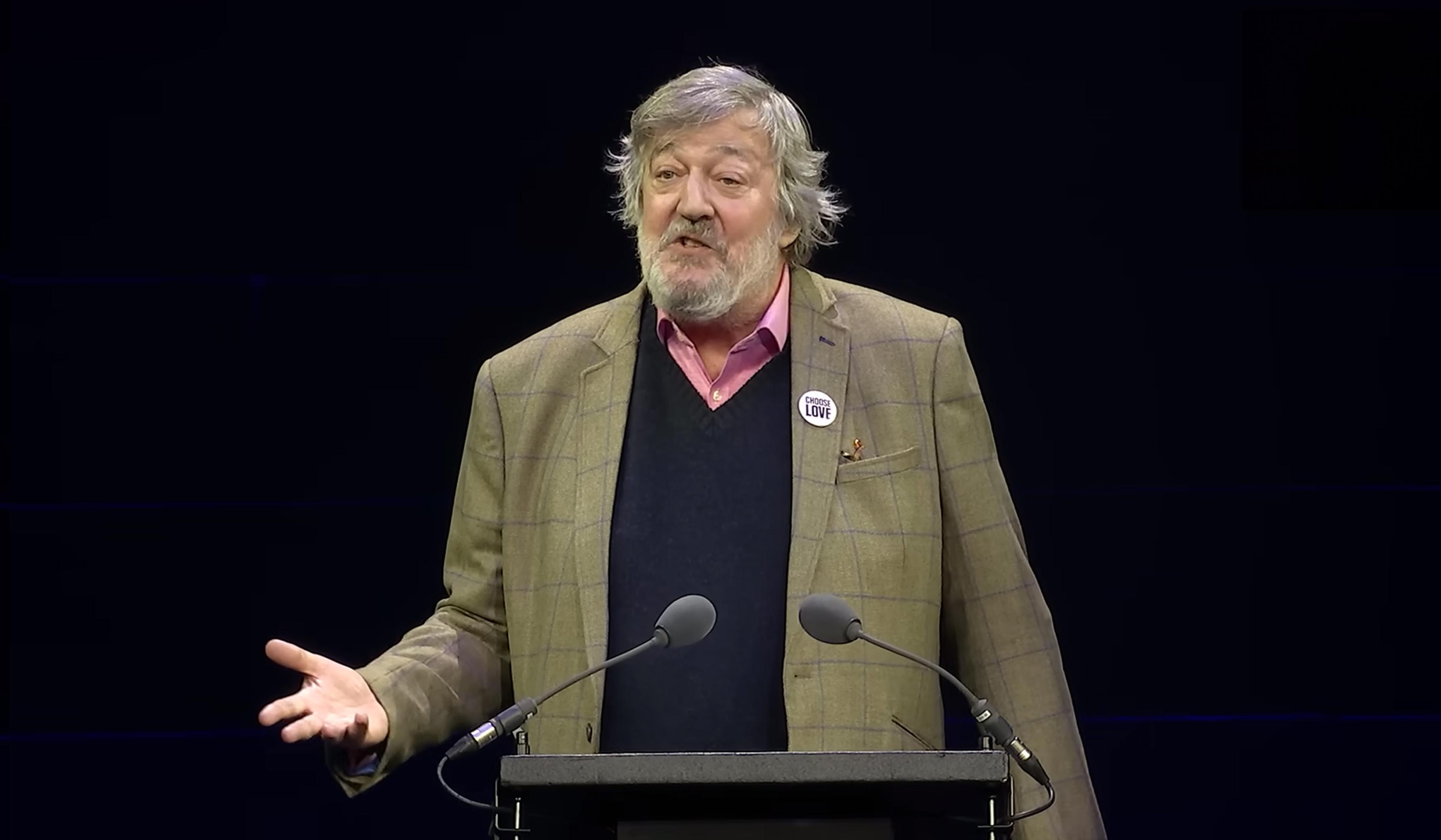
video
Meaning and the good life
Why strive? Stephen Fry reads Nick Cave’s letter on the threat of computed creativity
5 minutes
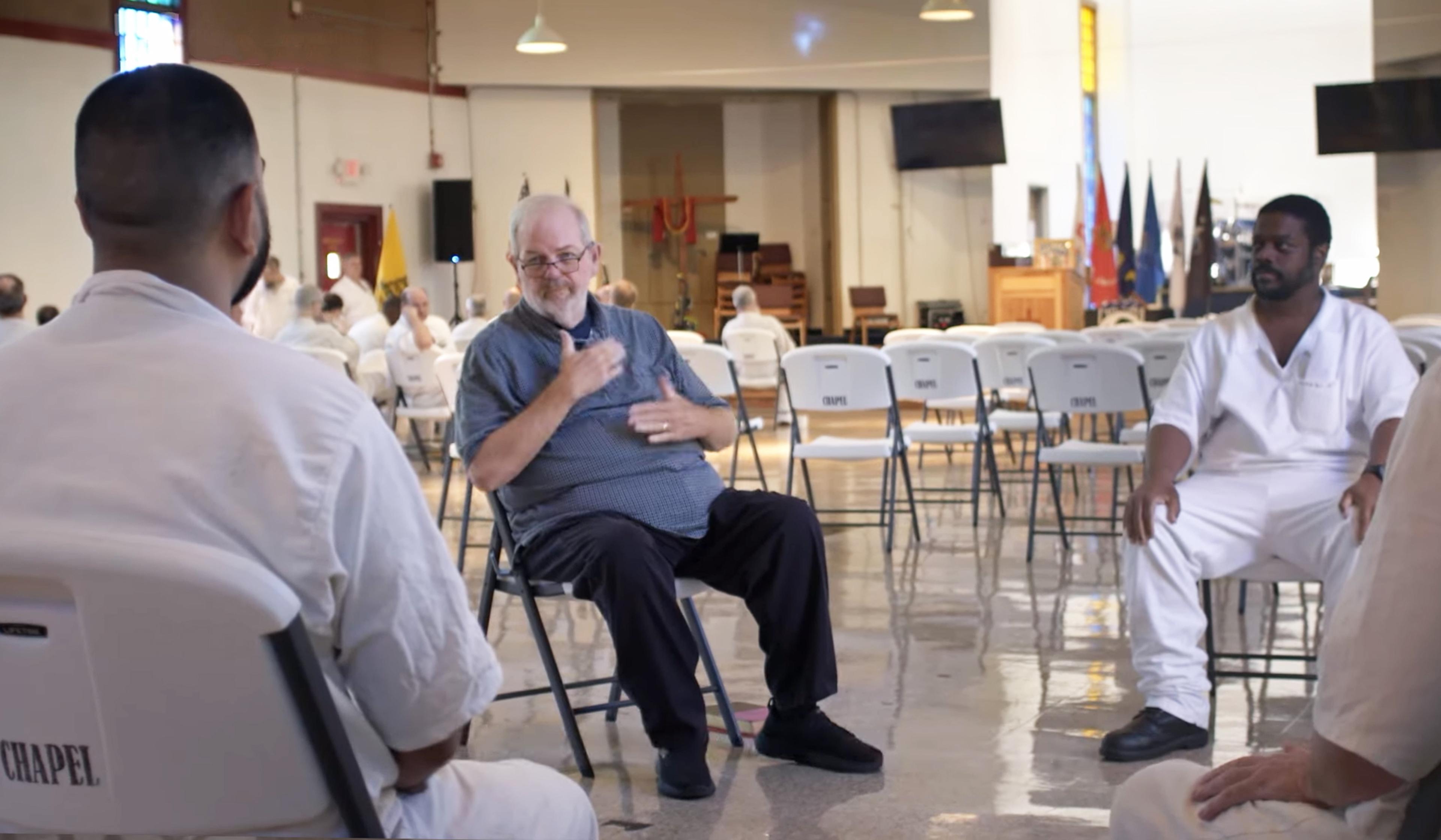
video
Human rights and justice
‘I know that change is possible’ – a Deaf prison chaplain’s gospel of hope
18 minutes
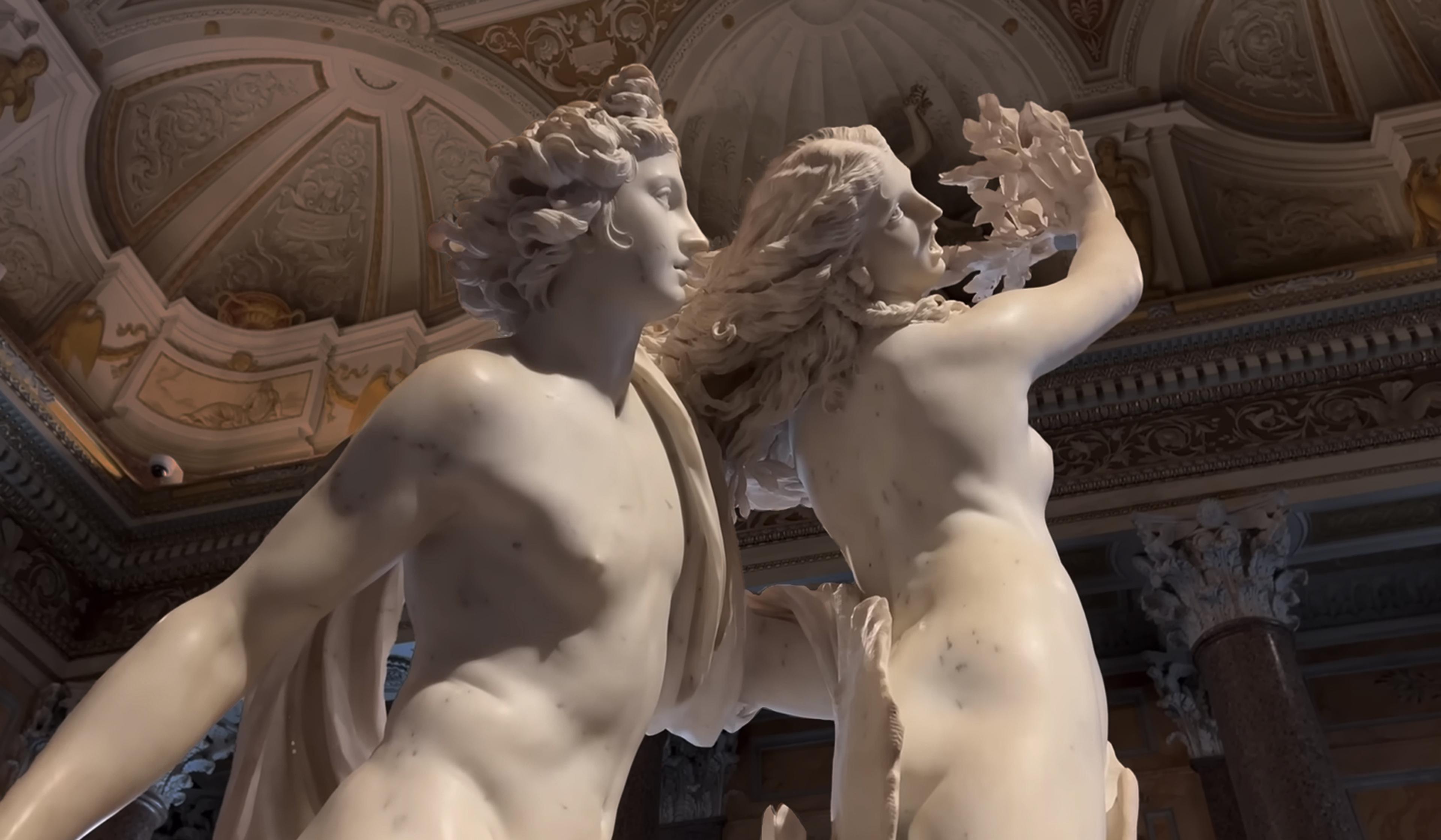
video
Art
The overlooked polymath whose theatrical oeuvre made all of Rome a stage
30 minutes

video
Beauty and aesthetics
The grit of cacti and the drumbeat of time shape a sculptor’s life philosophy
11 minutes
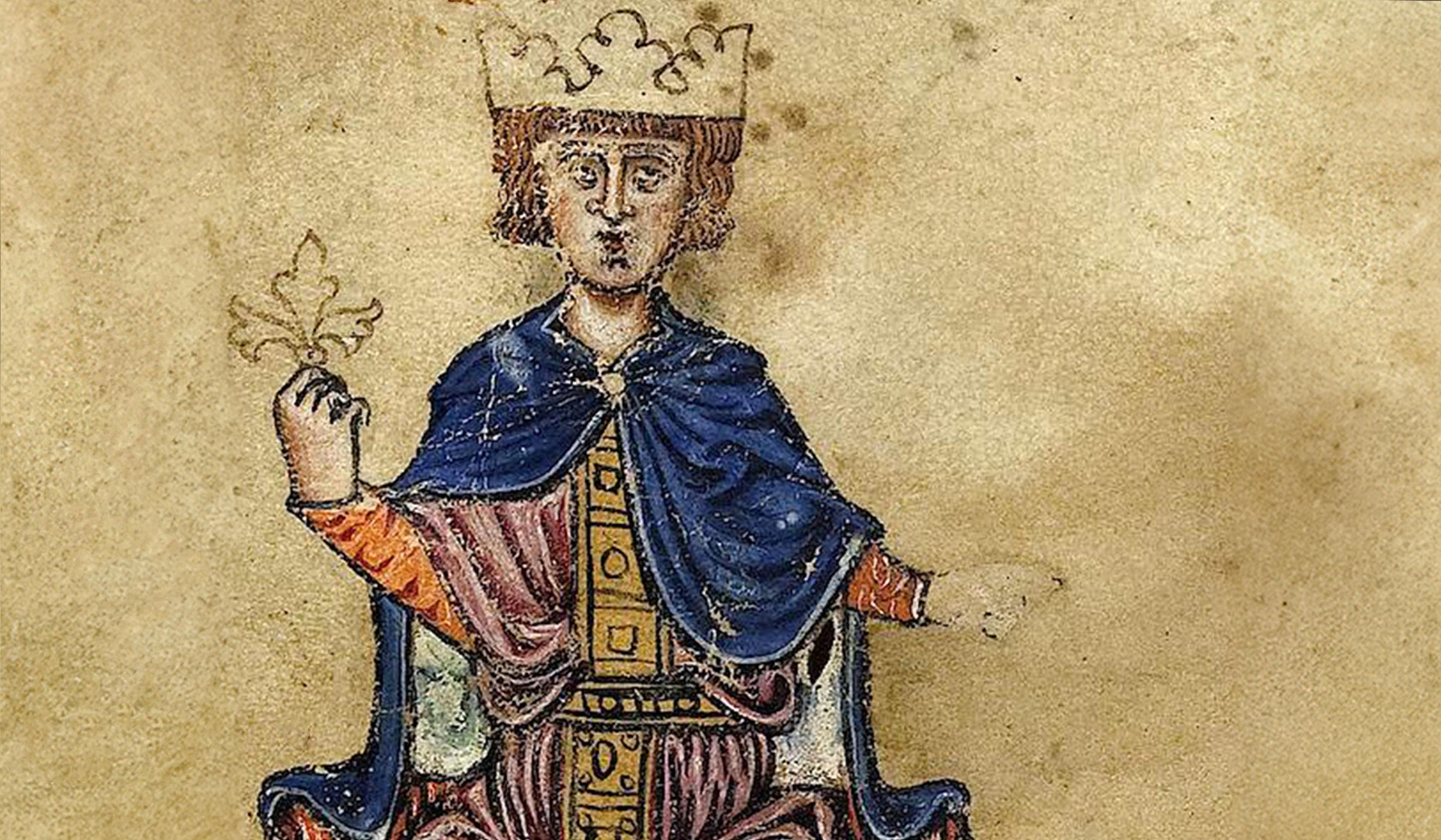
video
Religion
Hear from blasphemes, sceptics and free-thinkers in this ‘tour of medieval unbelief’
52 minutes
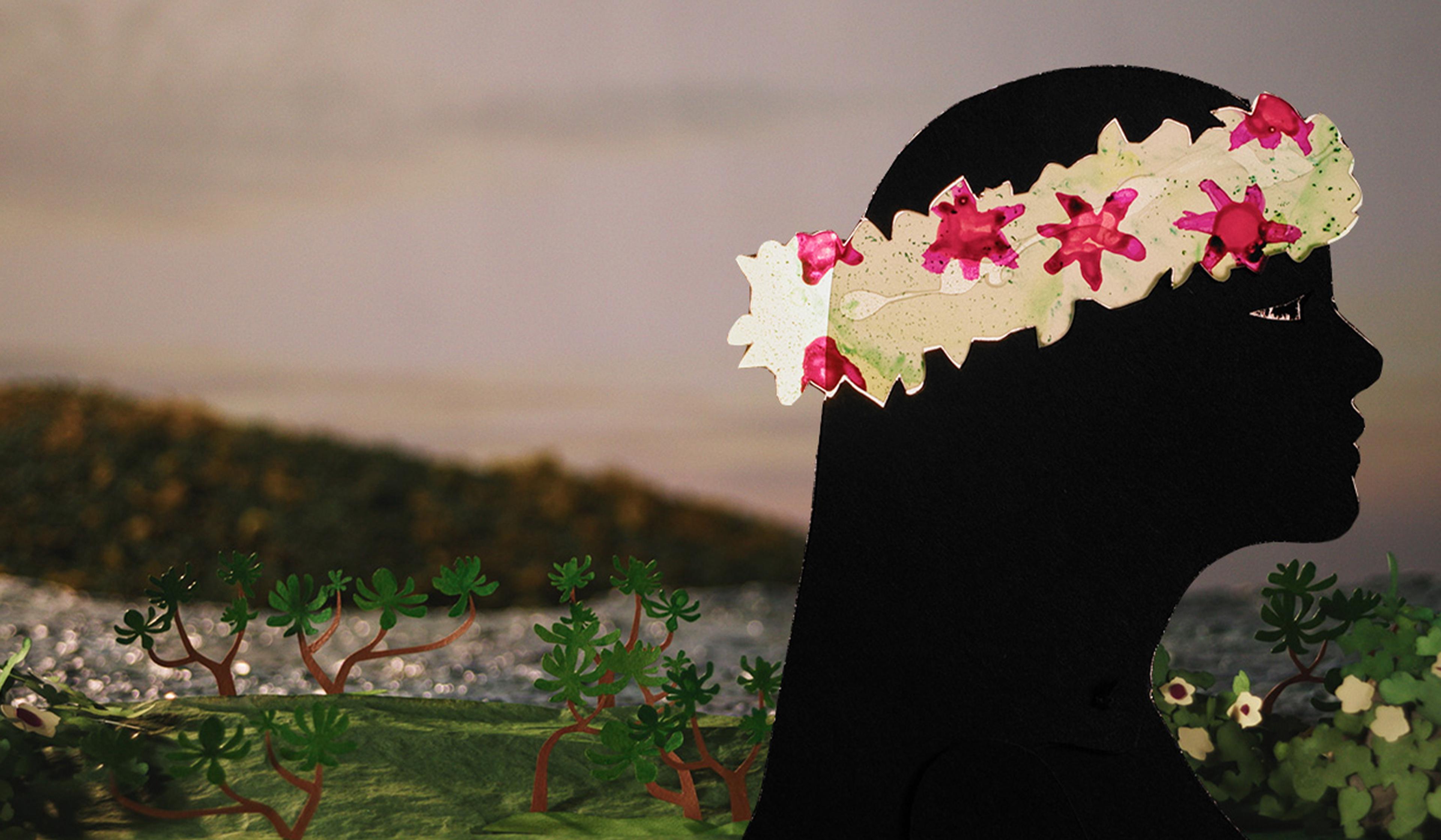
video
Ecology and environmental sciences
The ancient Hawaiian myth that sparked a modern ecological breakthrough
10 minutes

video
Music
‘Dun dun dun duuun!’ Why Beethoven’s Fifth sticks in the head and stirs the heart
5 minutes
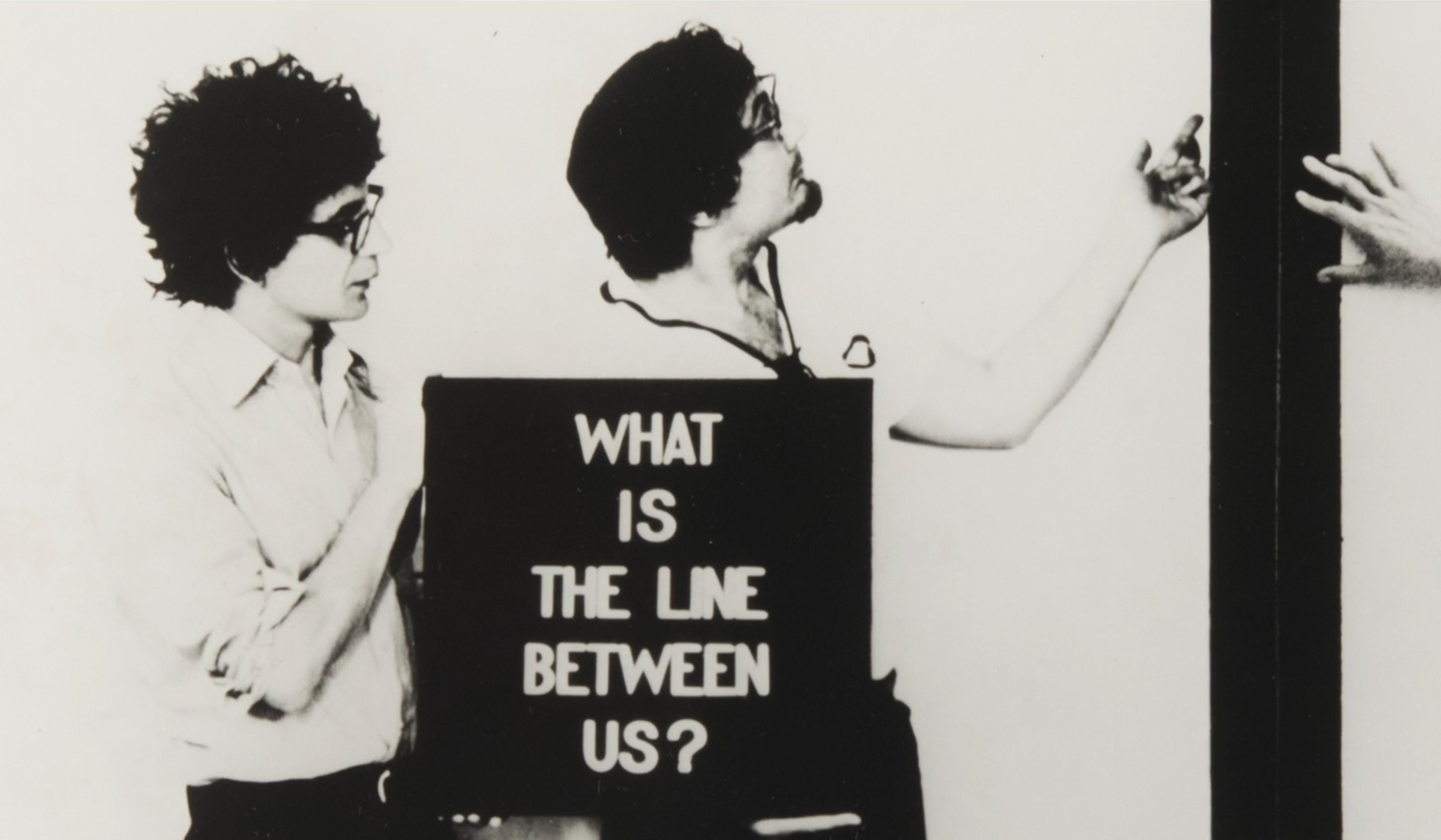
video
Art
The irreverent duo who thumbed their noses at the Soviet Union and the US art world
11 minutes

video
Thinkers and theories
Henri Bergson on why the existence of things precedes their possibility
3 minutes